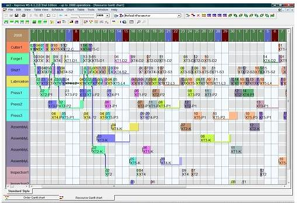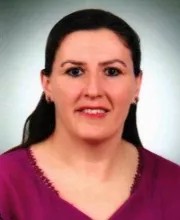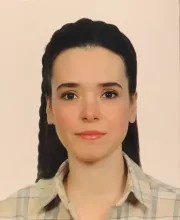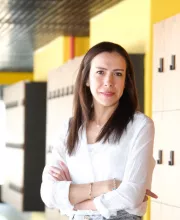| FACULTY MEMBER | |
|---|---|
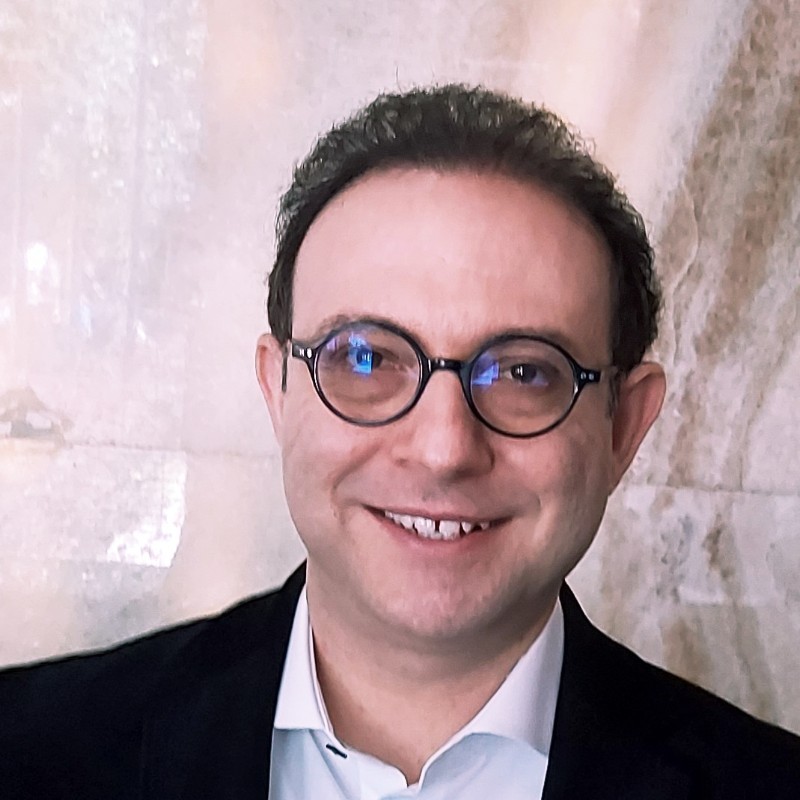 | Research Areas: Analysis and optimization of production and logistics systems General Information: Particular application areas Dr. Taner’s research focuses on are machine and shop scheduling, hub location, design of logistics networks and warranty cost analysis. These studies mainly use exact and heuristic techniques for discrete optimization to solve scheduling and logistics problems, and applied probability, statistics and reliability techniques to address warranty cost analysis problems.
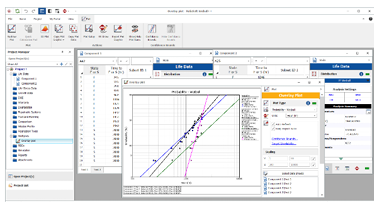 Research Collaborators:
Students and Post-docs:
Relevant Courses:
|
| Research Areas: Operations research methods in healthcare systems General Information: Dr. Gül’s research focuses on modeling and solution approaches to enhance patient flow within healthcare institutions. This includes planning and scheduling surgeries in operating rooms, and managing chemotherapy operations in hospital infusion units. To address these complex challenges, they utilize stochastic optimization techniques. 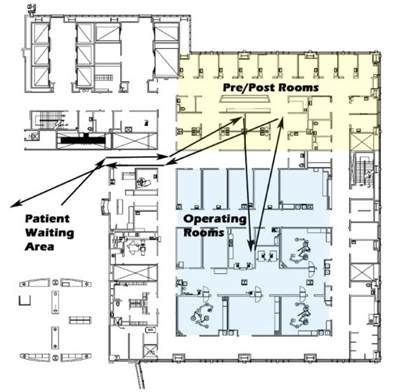 Research Collaborators:
Students and Post-docs:
Relevant Courses:
|
| Research Area 1: Energy System Modeling and Optimization General Information: Dr. Peker’s research focuses on developing modeling and solution approaches to ensure the sustainability of energy systems. Her researches involve various mechanisms such as utilizing renewable energy sources, demand-side participation and battery systems. Research Area 2: Distribution Network Design and Logistics Optimization General Information: Dr. Peker’s research focuses on developing sustainable distribution network designs by creating mathematical models and solution methods.   Research Collaborators:
Students and Post-docs:
İlişkili Dersler:
|
| Research Area 1: Optimization of Sustainable and Smart Transportation & Logistics Networks General Information: Dr. Serper’s research focuses on integrating autonomous and conventional systems into sustainable and smart transportation and logistics networks. She develops modeling and solution approaches using deterministic and stochastic optimization methods, particularly in areas such as autonomous truck platooning, hub location, network design, and route optimization. Her research aims to enhance the sustainability of transportation and logistics systems by improving energy efficiency and reducing carbon emissions. By employing decision-making techniques under uncertainty, she seeks to strengthen the resilience of logistics networks and maximize operational efficiency in alignment with environmental sustainability goals. Additionally, she works on network design and optimization for the efficient management of reverse logistics processes. 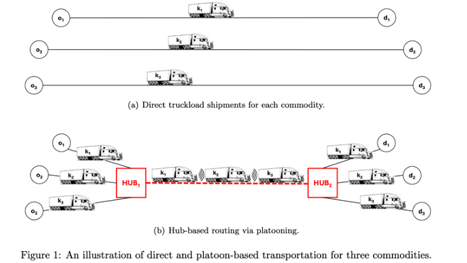 Research Area 2: Optimization for Wireless Sensor Networks (WSNs) General Information: Dr. Serper’s research also focuses on designing wireless sensor networks (WSNs) to maximize their lifespan while ensuring delay awareness. By integrating multi-criteria decision-making (MCDM) approaches into optimization processes, she develops mathematical models and optimization techniques aimed at extending network lifetime while minimizing delays. Her studies contribute to improving WSN performance in applications such as smart grids and large-scale monitoring systems. Furthermore, she develops solutions to enhance sustainability through network topology updates. 
Research Collaborators:
Students and Post-docs:
Relevant Courses:
|
| Research Area 1: Condition based maintenance scheduling General Information: Dr. Demirci studies maintenance scheduling for non-identical, deteriorating machines. A restless bandit approach is applied to address this problem on a practical scale. Research Area 2: Incentive/subsidy design for socially responsible operations/products General Information: Dr. Demirci examines optimal incentive mechanisms to motivate supply chain participants to take socially responsible actions. 
Research Collaborators:
Students and Post-docs:
Relevant Courses:
|
| Research Area: Applying operation reseach to healthcare systems during disasters General Information: Dr. Karakaya's research area focuses on healthcare challenges that arise during disasters. She proposes novel mathematical formulations to address the unpredictable effects of disasters on healthcare operations. Her aim is to guide decision-makers in developing policies that will enhance healthcare management in the context of disaster preparedness and response. 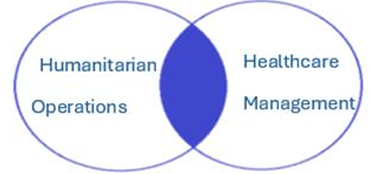 Research Collaborators:
Relevant Courses:
|

